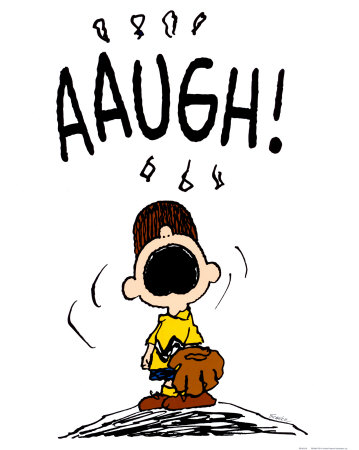I wrote an editorial in 2002 for the Toronto Globe and Mail, a very influential national newspaper. It received prominent placement in the paper, complete with a headline in the widely-read "Facts and Opinions" section of the paper. The article was called "The Canuck Uptalk Epidemic." It resulted in a flurry of response, almost all of it positive. In fact, I'm being polite. There was no negative response. I heard from
public speaking groups, science teachers, linguists, feminist organizations. My editorial was reprinted in The Canadian Guide to Public Speaking. Feminist groups wondered why women were more readily affected and so quick to back away from their opinions and seek consensus before continuing to speak. What was wrong with being assertive? Since when had it become impolite?
...
Some argued that Canadians were a perfect demographic in which the epidemic could spread. Mild-mannered, consensus-seeking to a fault, what better place for uptalk to take root than in the land of moose and maple syrup?But it didn't stay there. "The Canuck Uptalk Epidemic" is now just "The Uptalk Epidemic."
...
I recently heard it in a visitor from Britain. That was particularly disturbing to me because back in 2002, when I attended a conference in London, one of my hosts came up to me during a presentation by a Canadian woman. "What's wrong with her?" he whispered. "It sounds like all she's doing is asking questions. Do Canadians all speak like that?"
...
As I said at the outset, I
fear the battle is in its last stages. People no longer hear uptalk unless you point it out to them (I continue to.)
...
There is a big difference between "My name is Hank? This is what I believe?" and "My name is Hank. This is what I believe." I am saying the latter. I hope you can still hear the difference.

